Significance
Importance To Berry Global and our Stakeholders
Our advanced recycling operations serve as the cornerstone of our business strategy, enabling us to pioneer truly circular solutions through innovative product design. By transforming plastic waste into valuable resources, we significantly reduce virgin material requirements, minimize our environmental footprint, and address growing market demand for sustainable products.
These capabilities deliver triple-bottom-line benefits—enabling circular material flows, demonstrating environmental leadership, and creating differentiated value for all stakeholders.
Our Customer Advantage: Our recycling infrastructure empowers customers to fulfill recycled content commitments and achieve Scope 3 greenhouse gas reduction targets while navigating increasingly complex regulatory requirements. Our sophisticated technologies ensure recycled materials meet stringent quality and consistency standards, eliminating performance compromises.
Our Investor Opportunity: Our strategic investments in recycling capabilities demonstrate our commitment to long-term sustainability while positioning us to capture exceptional growth opportunities driven by increasing brand commitments and regulatory mandates for recycled content.
Our Approach
Berry is committed to advancing circularity throughout our value chain. As a top global plastic recycling company, we are capable of processing approximately 290 million pounds (130,000 metric tons) of post-consumer recycled (PCR) and post-industrial recycled (PIR) plastic per year. In addition, we strive to minimize generation and recovery of internal scrap. Our recycling capabilities are supported by strategic acquisitions, technology investments, and new facility development. This approach allows us to embed circular economy principles into our operations, securing a consistent supply of recycled materials. By reducing reliance on virgin, fossil-based resins, we are able to lower our environmental impact while helping our customers achieve their sustainability objectives. To help advance recycling initiatives in the U.S., Berry is an active partner of the Association of Plastic Recyclers (APR). As an integrated recycler and film producer, Berry is uniquely positioned to implement customer take-back schemes, and our intimate cross-functional collaboration between recycling and film manufacturing allows us to develop high-quality films using post-consumer recycled (PCR) materials. We also maintain stringent processes that ensure robust chain of custody, traceability, and product integrity. Understanding that collaboration is key to driving circularity in our sector, we participate in various industry initiatives and associations, such as CEFLEX, PRE, Valipac, and the Ellen MacArthur Foundation.
Highlights and Target progress
| Priority | 2024 Update |
| Berry Circular Polymers Flexibles: 33% product recovery rate across all Berry Circular Polymers Flexibles products for recycling by 2025 |
We currently recover around 14% of Berry Circular Polymers Flexibles |
Key Metrics
|
Recycling |
|||
| 2022 | 2023 | 2024 | |
| In-house Recycling | Thousand MT | ||
| Recycling Capacity | 135 |
160 | 130 |
Key Strategies
We maintain four large-scale recycling business units, each offering unique solutions for creating a circular economy for plastics. Berry Circular Polymers collaborates with customers to supply recycling solutions for their products by providing mechanically recycled household waste substrate for contact-sensitive applications (CleanStream®). Our Berry Circular Polymers Flexibles business has flexible film recycling infrastructure for both flexible packaging and agricultural films. This includes specialized recycling wash plants focused on recycling highly contaminated waste and robust chain of custody methodologies for its Sustane® product line.
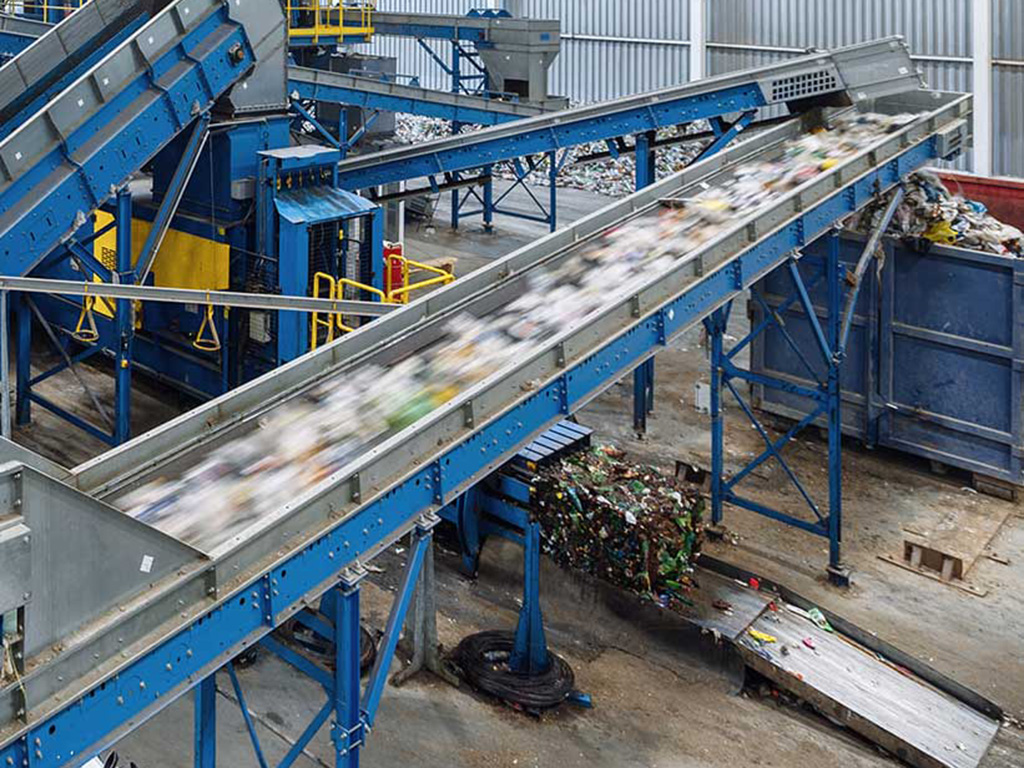
Upgrading Our Steinfeld and Heanor Facilities
In 2024, we ramped up a new investment in our Steinfeld, Germany facility, which included a new state-of-the-art Erema with double filtration system, a new sorting line, and an upgraded lab with inline optical control system measurement. At our Heanor, U.K. facility, we made improvements to the friction washing line and water treatment plant, and also installed a double filtration system on the Erema. This significantly improves the efficiency of our recycling capabilities at these two locations.
Berry Circular Polymers - Flexibles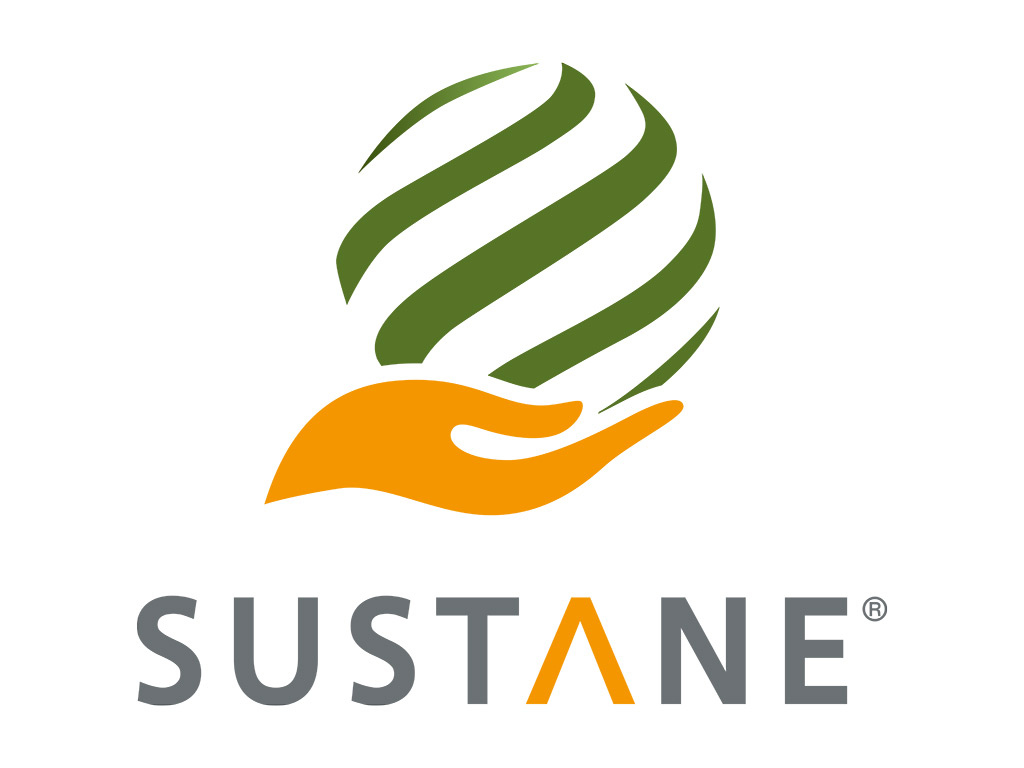
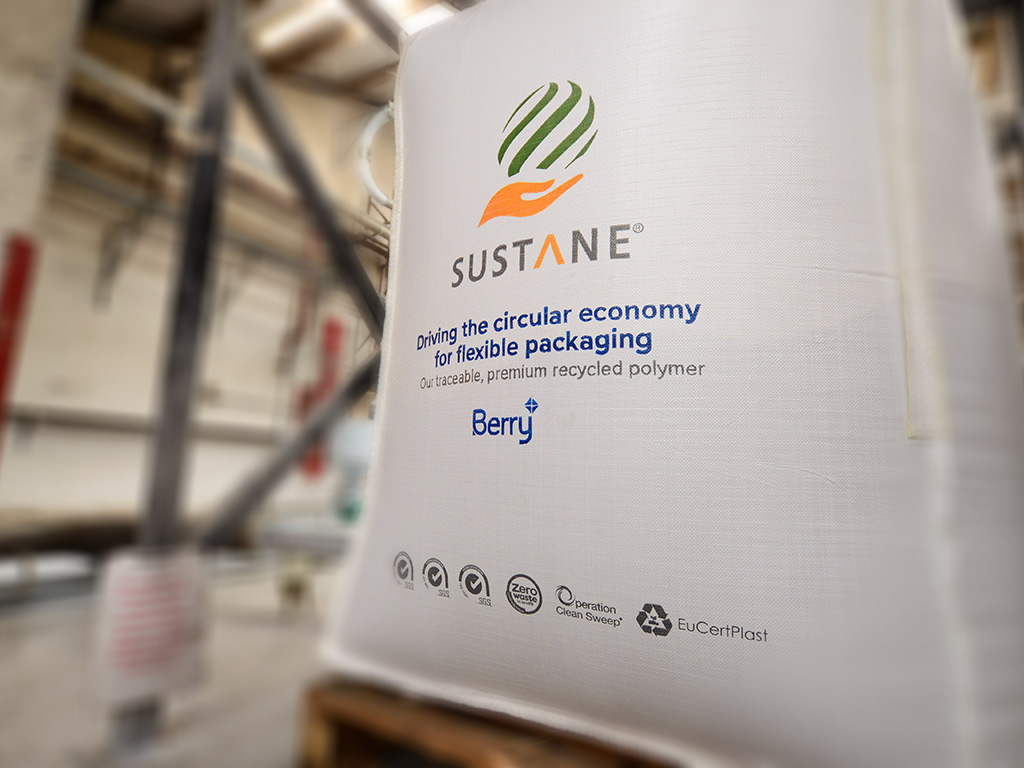
Berry Berry Circular Polymers Flexibles’s recycling operations in Steinfeld reprocess post-consumer single variety film waste into regranulate for use in new packaging products. The facility has two recycling lines, one of which uses Berry's proprietary Norec® de-inking process that de-contaminates and recycles post-consumer printed PE films.
Victoria, TexasOur facility in Victoria, Texas recycles post-commercial film, e.g., stretch wrap, as well as internal scrap through a multi-step process including sorting, extrusion, and filtration. Berry Global is the largest producer of stretch wrap in the United States, so this is an important initiative in our efforts to create a circular economy for our products. The recycled plastic generated from this operation is then consumed at all of our sites producing consumer trash bags and institutional can liners across North America, including Victoria, Texas.
Disclosures
Contribution to the Sustainable Development Goals (SDGs)
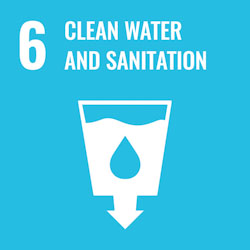
Our recycling operations help eliminate potential pollution to water bodies and sanitation services by efficiently managing waste.
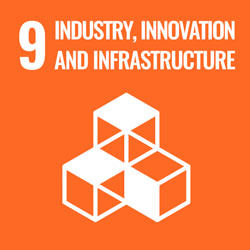
By investing in recycling operations and using recycled content within our products, we enhance sustainable practices within the industry, driving improvement and fostering the development of further innovative recycling technologies.
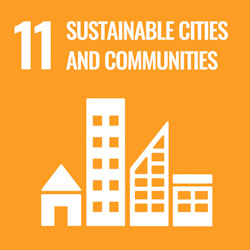
Implementing recycling operations in our cities and communities helps contribute to sustainable urban growth by reducing waste generation and promoting sustainable material sourcing.
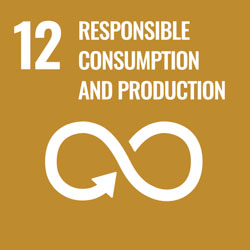
Our recycling operations directly addresses responsible consumption and production by reusing materials and reducing waste, helping to advance a circular economy, encourage resource efficiency, and reduce the environmental impact of our industry.

Our recycling operations reduce the requirements for new plastics and the energy-intensive processes associated with their manufacture, thus mitigating greenhouse gas emissions, and enhancing alignment with a sustainable path for climate and net-zero action.
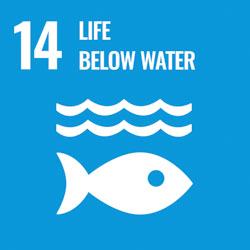
By reducing the volume of plastic waste that has the potential to enter water bodies, our recycling operations directly address marine pollution and align with the preservation of marine life and ecosystems.

We help preserve vital habitats and ecosystems through sustainable waste diversion practices such as recycling that significantly reduce the mismanagement of waste and minimize the volume of waste sent to landfill.

By Leading collaborative efforts across the industry to drive demand for recycled content and sustainable practices, we foster the development of new recycling infrastructure and innovative technology.
GRI and SASB Alignment
GRI 301(3-3) Management of MaterialsGRI 301-3 Reclaimed Products and their Packaging Materials
SASB RT-CP-410a.3 Discussion of Strategies to Reduce the Environmental Impact of Packaging Throughout its Lifecycle
Last updated: March 17, 2025